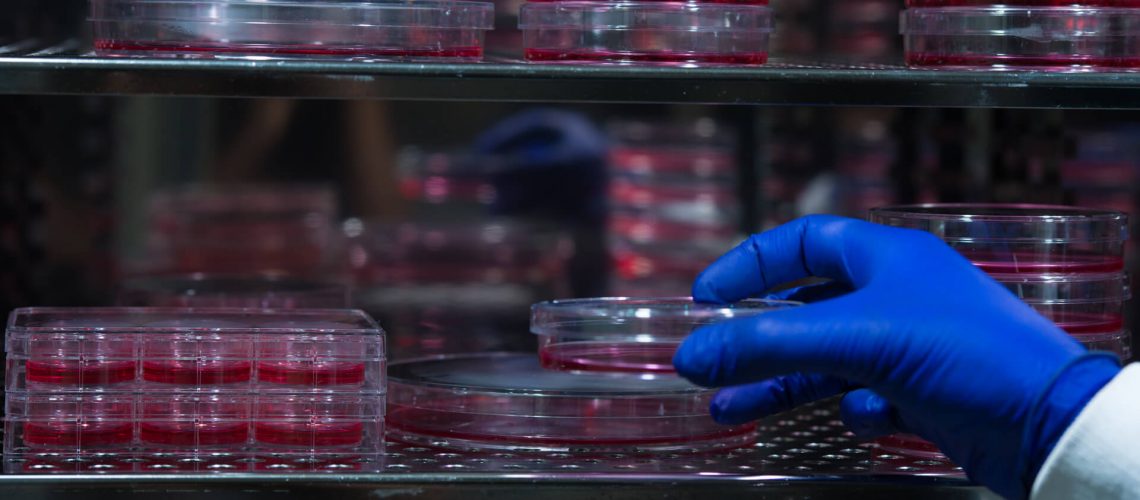Roswell Park Comprehensive Cancer Center
Principal Investigator: Andrei Gudkov
Research Team: Marina Antoch, Amy Stablewski, Nick Neznanov, Lilya Novototskaya, Olga Leontieva
Nearly half of the mammalian genome is long and short interspersed virus-like repetitive elements (LINEs and SINEs), which spread through the process of retrotransposition. Numerous intracellular mechanisms exist to silence these elements, but unfortunately these mechanisms decline with age. Active copies of these elements thus cause DNA damage over time as they integrate into genes and disrupt their functions. Cells with many such dysfunctions can mimic viral infections and trigger the production of the pro-inflammatory substance interferon (IFN). Normally, such cells are removed by the immune system, but as the immune system itself ages, it becomes less effective at this type of cleanup. This leads to “inflamm-aging”, which damages tissues further.
Analysis of blind mole rats, which exhibit both a natural IFN-driven mechanism for eradicating cells with damaged DNA as well as exceptionally long lifespans, has yielded observations supporting the LINE/SINE hypothesis.
SRF is sponsoring a study to test the impact of the removal of damaged cells on healthspan and lifespan, via the creation of a special transgenic mouse at the Roswell Park Comprehensive Cancer Center.
Research Highlights:
This project began in the last quarter of 2019, and the Roswell Park team is now generating the transgenic mouse model. The group has already verified the transgene expression and activity in a cell culture model. Newborn mice are currently being screened for successful integration of the gene construct designed by the team. The final mouse model will allow the team to track the amount of IFN positive cells, and a lifespan study will begin later this year.



